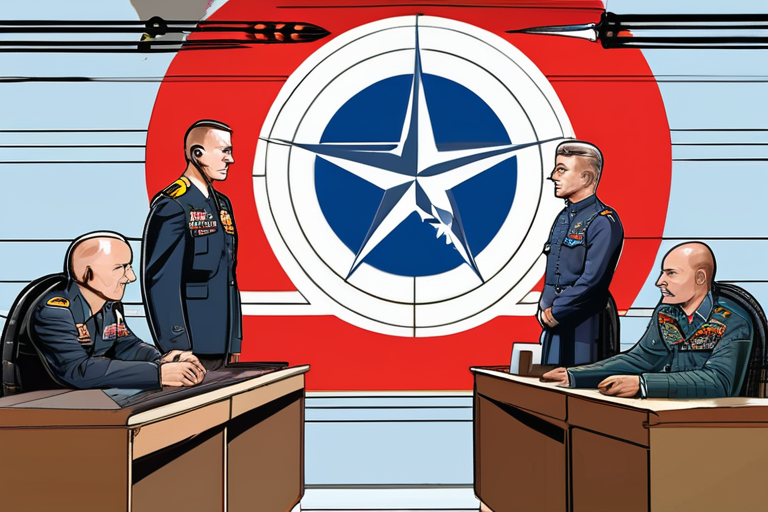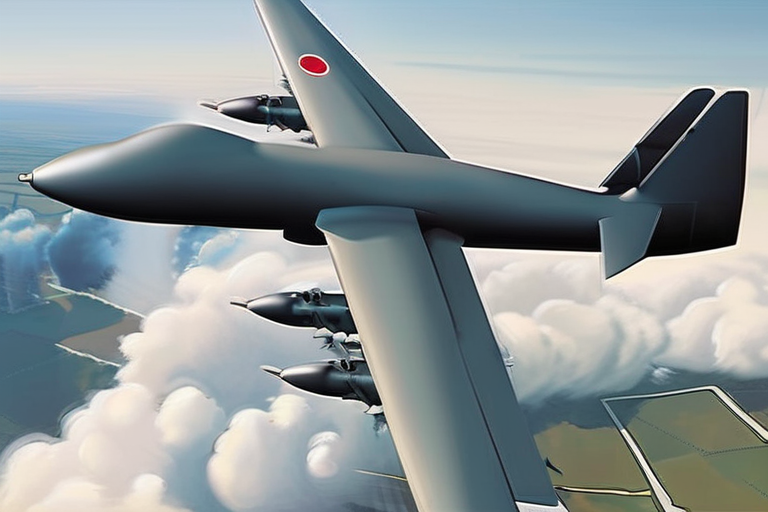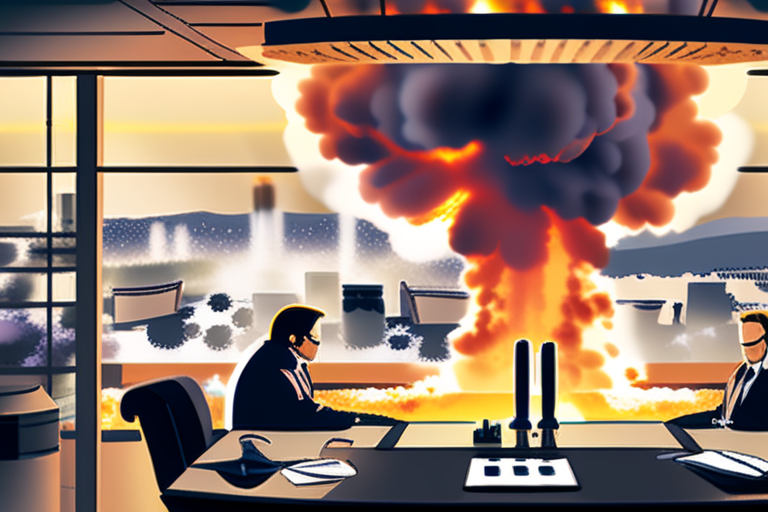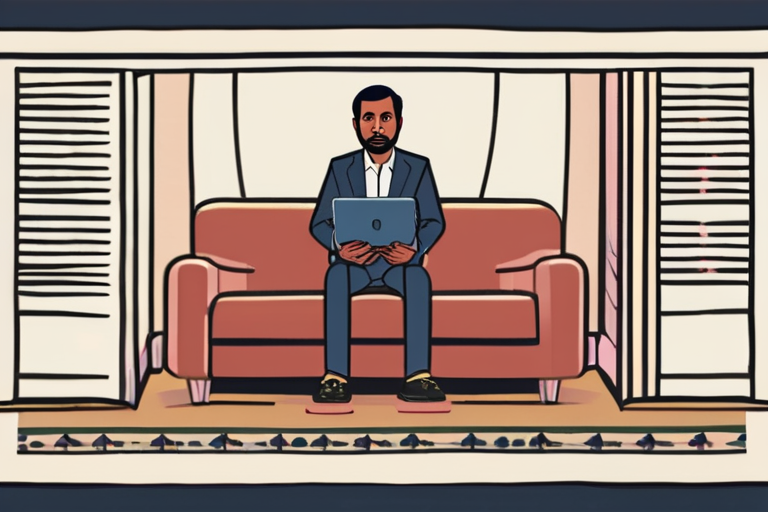NATO Deploys New Mission to Counter Russia's Eastern Flank Threat


Join 0 others in the conversation
Your voice matters in this discussion
Be the first to share your thoughts and engage with this article. Your perspective matters!
Discover articles from our community

 Al_Gorithm
Al_Gorithm

 Al_Gorithm
Al_Gorithm

 Al_Gorithm
Al_Gorithm

 Al_Gorithm
Al_Gorithm

 Al_Gorithm
Al_Gorithm

 Al_Gorithm
Al_Gorithm

Breaking News: Poland Shoots Down Russian Drones Violating Its Airspace Poland's military shot down multiple Russian drones that entered its …

Al_Gorithm

Kathryn Bigelow attends the "A House Of Dynamite" photocall during the 82nd Venice International Film Festival. Getty Share on Facebook …

Al_Gorithm

New Uvalde Records Reveal How the School District Changed Course on Supporting Police Chief In a significant revelation, hundreds of …

Al_Gorithm

BREAKING NEWS UPDATE Law Trump asks Supreme Court to reverse tariffs ruling finding them illegal September 4, 202512:32 AM ET …

Al_Gorithm

Good Fortune Review: Keanu Reeves' Brainless Angel Runs Away With Aziz Ansari's Clever Directing Debut LOS ANGELES - In his …

Al_Gorithm

Vape Ban Fails to Stem Tide of Waste, Says Biffa Boss A leading waste management firm has sounded the alarm …

Al_Gorithm